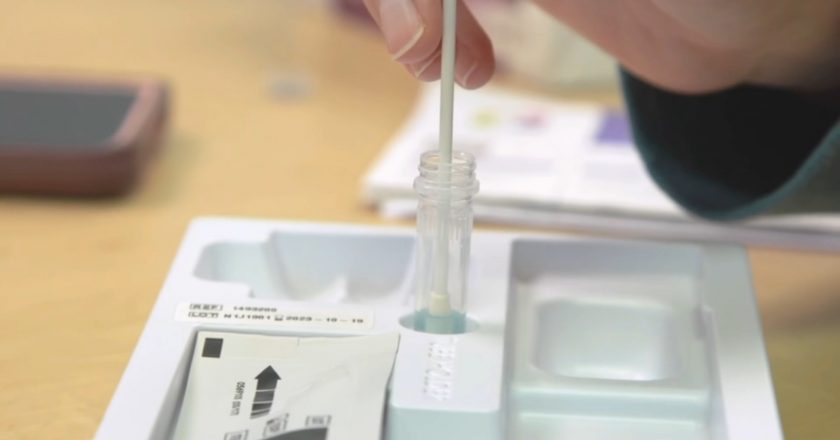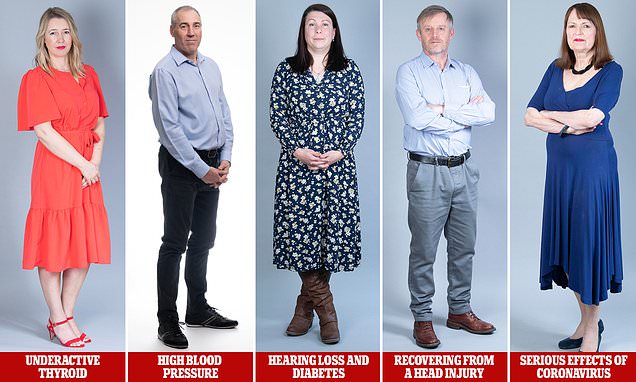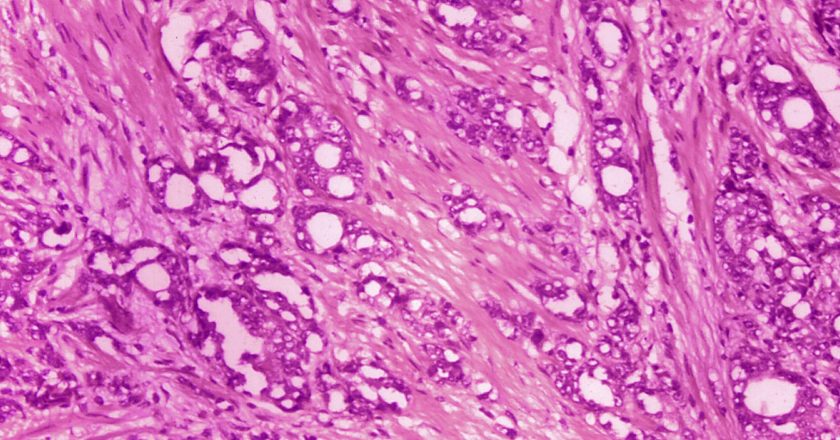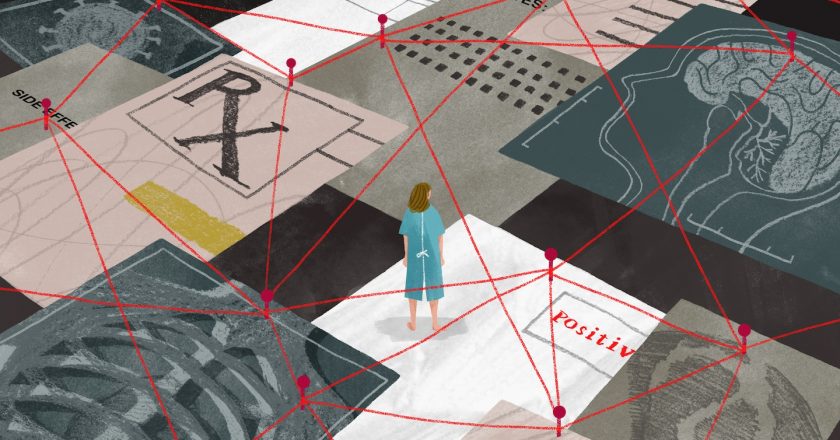Longevity: Want to reach 100? The timing of your evening meal matters says new study – Express
Other factors may be at play too. The researchers observed a general adherence to calorie restriction lasting for 17.5 hours between dinner and the following lunch.
The frequency of consumption was also high for cereals, vegetables, fruits, and legumes; low for meat, processed meat, and eggs; and negligible for sweets.
What's more, subjects were physically active throughout life.
The researchers concluded: "Our results support the importance of a daily caloric restriction lapse, hampering nocturnal postprandial stress and optimising metabolic response, associated with high consumption of plant-based foods and physical activity for the longevity of centenarians from Abruzzo."









